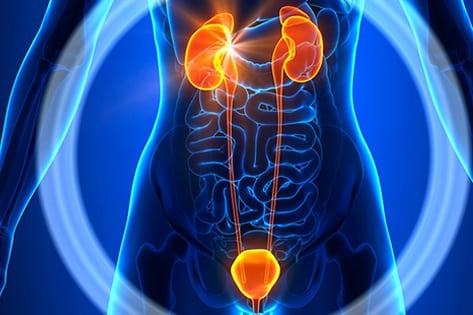What is a urologist
Urologists diagnose and treat diseases of the urinary tract in both men and women. They also diagnose and treat anything involving the reproductive tract in men.
In some cases, they may perform surgery. For example, they may remove cancer or open up a blockage in the urinary tract. Urologists work in a variety of settings, including hospitals, private clinics, and urology centers.
The urinary tract is the system that creates, stores, and removes urine from the body. Urologists can treat any part of this system. This includes the:
- kidneys, which are the organs that filter waste out of the blood to produce urine
- ureters, which are the tubes through which urine flows from the kidneys to the bladder
- bladder, which is the hollow sac that stores urine
- urethra, which is the tube through which urine travels from the bladder out of the body
- adrenal glands, which are the glands located on top of each kidney that release hormones
Urologists also treat all parts of the male reproductive system. This system is made up of the:
- penis, which is the organ that releases urine and carries sperm out of the body
- prostate, which is the gland underneath the bladder that adds fluid to sperm to produce semen
- testicles, which are the two oval organs inside the scrotum that make the hormone testosterone and produce sperm

Which conditions do urologists treat?
- cancers of the bladder, kidneys, penis, testicles, and adrenal and prostate glands
- prostate gland enlargement
- erectile dysfunction, or trouble getting or keeping an erection
- infertility
- interstitial cystitis, also called painful bladder syndrome
- kidney diseases
- kidney stones
- prostatitis, which is inflammation of the prostate gland
- urinary tract infections (UTIs)
- varicoceles, or enlarged veins in the scrotum
